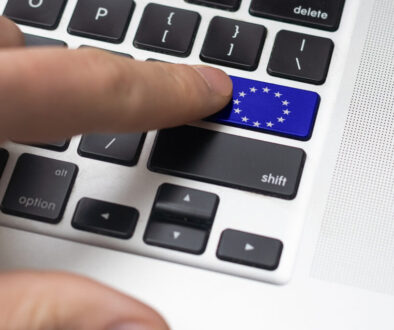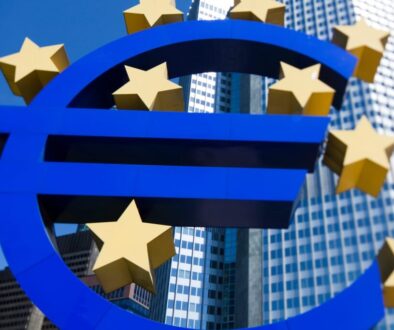UN Approves Cyber Crime Treaty Despite Concerns
A UN committee has approved the first worldwide treaty on cybercrime, despite significant opposition from human rights groups and a coalition of tech companies. The treaty, adopted by consensus after three years of negotiations, still requires ratification by 40 nations in the General Assembly this fall. The convention aims to establish a global criminal justice policy to combat cybercrime by fostering international cooperation. It mandates UN member states to implement legislation criminalizing unauthorized access to information systems, the production and sale of explicit child sexual content, online grooming, and computer-related forgery or theft.
The treaty also addresses the misuse of devices and the distribution of deepfake and revenge porn without consent. It grants states the authority to collect and record relevant data for convictions and compel service providers to hand over incriminating information. Despite its comprehensive scope, the treaty has faced criticism for its potential to infringe on human rights. Russia, which initiated the treaty-making process in 2017, argued that the treaty includes excessive human rights safeguards and accused other countries of pursuing their own interests through the treaty.
Human rights groups and tech companies have also voiced their concerns. The Cybersecurity Tech Accord, representing tech companies at the UN, criticized the draft for being ambiguous and insufficient in protecting human rights, press freedom, and gender equality. They warned that the treaty could criminalize legitimate online activities and hinder justice for cybercrime victims. Microsoft echoed these concerns, stating that several harmful provisions had been broadened and human rights articles weakened.
The UN’s Office of the High Commissioner for Human Rights (OHCHR) has also expressed reservations, urging negotiators to ensure the treaty complies with existing international laws and to narrow the list of criminal offenses to protect freedom of expression. David Kaye, the former UN special rapporteur on freedom of expression, warned that the treaty could pressure the US Department of Justice to share information about so-called criminals without adequate protection for journalists, opposition figures, and others, potentially empowering authoritarian regimes more than democracies.



